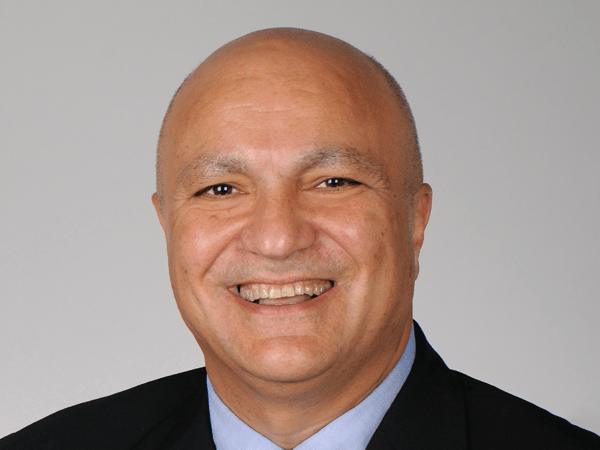Suzanne Conzen, chief of the Hematology and Oncology Division at UT Southwestern Harold C. Simmons Comprehensive Cancer Center, appeared on the Cancer Luminaries podcast, a series launched by the UChicago Medicine Comprehensive Cancer Center to mark its 50th year as a National Cancer Institute-designated center.
Previously, the Cancer History Project highlighted Cancer Luminaries podcast episodes featuring Todd Golub, director and founding core member of the Broad Institute of MIT and Harvard, and Otis W. Brawley, Bloomberg Distinguished Professor of Oncology and Epidemiology at the Johns Hopkins University Sidney Kimmel Comprehensive Cancer Center, and co-editor of the Cancer History Project (The Cancer Letter, May 10, May 3, 2024).
Conzen was a physician-scientist at UChicago for more than two decades before moving to her current position in 2019. She spoke with Camilla Frost-Brewer, UChicago’s program manager for diversity, equity, and inclusion.
Conzen and Frost-Brewer discussed Conzen’s responsibilities at UT Southwestern, her research at UChicago investigating the glucocorticoid receptor’s role in breast cancer, and working with leaders in oncology, including Gini Fleming, Nissim Hay, Harvey Golomb, Funmi Olopade, and Geoff Greene—mentors and colleagues that Conzen found with a little bit of luck.
“It has to be somewhat serendipity. Right place, right time,” Conzen said. “I think you’ll talk to a lot of scientists who’ve had wonderful mentors, and the way they found that mentor was not by incredible research on the mentor and a lot of, I would say, intentional decision-making, but sometimes things just work out.”
The podcast recording and transcript of this interview are now available on the Cancer History Project:


Cancer Luminaries Podcast: Dr. Suzanne Conzen on Approaching Problems from the Micro to the Macro Level
By University of Chicago Medicine Comprehensive Cancer Center, Aug. 2, 2024
A production of the University of Chicago Medicine Comprehensive Cancer Center in honor of the 50th anniversary of National Cancer Institute designation.
Camilla Frost-Brewer is joined by Alumni Star and visionary translational researcher, Dr. Suzanne Conzen, who discovered the role of the stress hormone receptor, glucocorticoid receptor, in driving particularly aggressive breast cancers. Dr. Conzen, who is the Chief of the Hematology and Oncology Division at UT Southwestern Harold C. Simmons Comprehensive Cancer Center in Dallas, reflects on her time at UChicago where her work on nuclear hormone receptors led to improvements in cancer care—especially for underserved populations disproportionately affected by triple-negative breast cancer. She describes her encounters with serendipity and the value of looking at a problem from the micro to the macro levels.
This column features the latest posts to the Cancer History Project by our growing list of contributors.
The Cancer History Project is a free, web-based, collaborative resource intended to mark the 50th anniversary of the National Cancer Act and designed to continue in perpetuity. The objective is to assemble a robust collection of historical documents and make them freely available.
Access to the Cancer History Project is open to the public at CancerHistoryProject.com. You can also follow us on Twitter at @CancerHistProj, or follow our podcast.
Is your institution a contributor to the Cancer History Project? Eligible institutions include cancer centers, advocacy groups, professional societies, pharmaceutical companies, and key organizations in oncology.
To apply to become a contributor, please contact admin@cancerhistoryproject.com.









